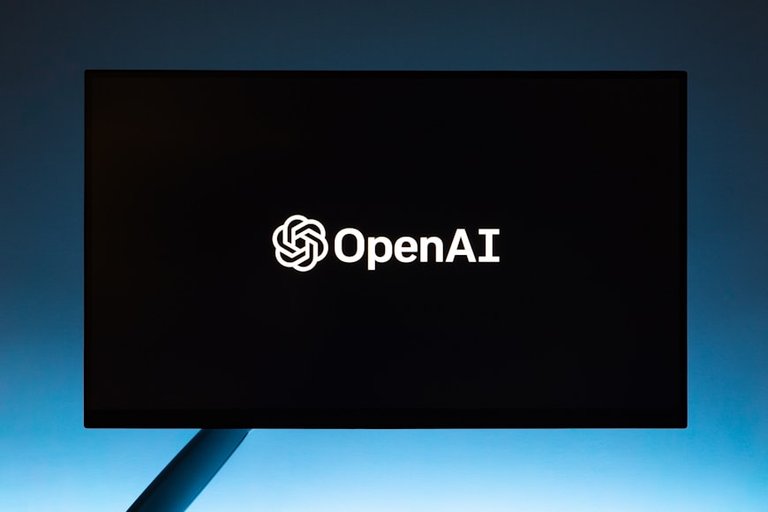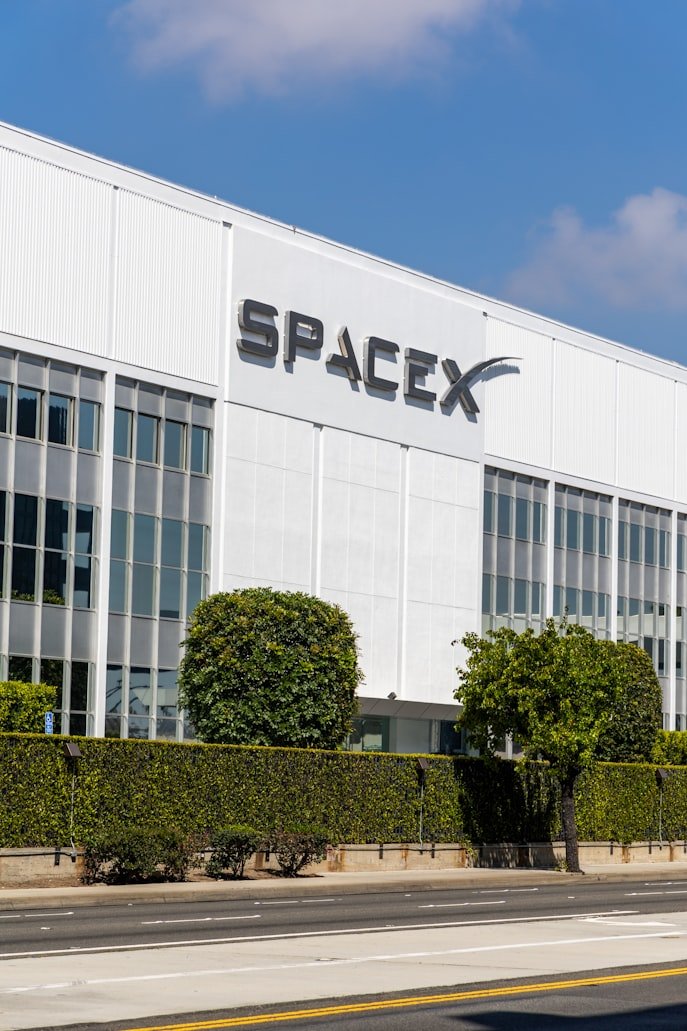OpenAI’s Growth and What It Really Means for the Future
Fascinating, isn't it, how OpenAI jumped over SpaceX in such a blink of an eye to wear the mantle of the U.S.'s highest-valued privately-run company? In many ways, this feels inevitable, considering how intertwined AI is becoming in daily life. Unlike space exploration, which far more feels like a dream than reality, AI is right here shaping industries and changing how we think about interaction with the world.

I personally feel that this valuation of OpenAI at $157 billion is only the beginning. Undoubtedly, AI is a powerhouse, and none can overlook how much faith investors have in this funding round.
AI is significantly more accessible than space travel.
It's something which we can apply now in use. When I look at how OpenAI is pushing tools like ChatGPT, I see some very immediate implications: businesses that will morph and creative industries that will change; even education will be reshaped. The reach is tangible.
Put that next to SpaceX, where the big vision is to colonize Mars. Not to diminish it, I love the ambition; but it's just not as urgent or life-changing as what AI is doing today.

But now I'm also thinking about the ethical side of this.
OpenAI started as a not-for-profit, yet now it’s poised to go public. Bringing in Sarah Friar as CFO seems like a clear sign they’re gearing up for an IPO. That’s where things get murky. What happens when AI is driven purely by profit?
It raises questions about accountability and control, especially when this technology is touching every corner of society. It’s something we’ll all have to reckon with soon.
Posted Using InLeo Alpha